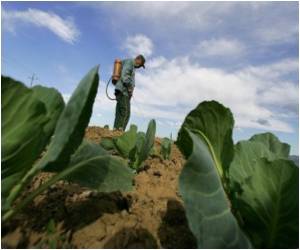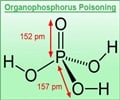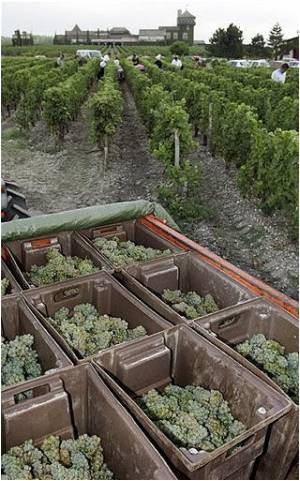In a bid to check the growing use of banned pesticides in vegetables and fruits, the Delhi high court directed a committee of experts to frame guidelines and submit report before October 10.

"There has been hardly any progress on the status report. In two months, only two meetings have been held. It's not acceptable to us. We expect meetings of the committee to be held more frequently. A status report must be filed positively before two days of the next date of hearing. Post the matter on Oct 10," the bench said.
The court was informed by the state government that committee members held two meetings since May 2, "On Aug 30, they (committee members) are meeting again and probably some action would be taken," said government counsel Meera Bhatia.
The court had earlier directed the government to constitute the committee after it took suo motu cognizance of a media report alleging use of banned pesticides.
The court observed that matters of this nature cannot be delayed and also expressed its displeasure that the committee had met only twice in the last three-and-a-half months.
The seven-member expert committee includes Sandhya Kulshrestha, secretary, central insecticide board and registration committee and Sarita Bhalla, joint director of agriculture ministry as committee's chairperson.
Advertisement
NGO Consumer Voice's report found that 35 varieties of vegetables and fruits, picked from Delhi markets and tested for pesticide content, had toxins beyond permissible limits.
Advertisement
The NGO said that the amount of pesticides used by farmers in India was as much as 750 times higher than European standards.
The court earlier formed a panel of lawyers to examine the pesticide content in various vegetables samples at laboratories.
The panel has so far examined over 10 types of vegetables.
Source-IANS









